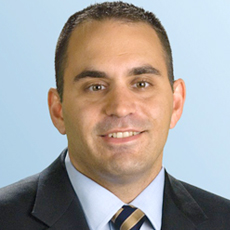
This flu season is reported to be the worst in years, with more than 40 states reporting widespread cases. Flu season lasts from September to May with peak months typically in January and February. The flu is spread by droplets from nasal secretions, coughing, or talking of an infected person to a non-infected person. People with the flu may experience all or some of the following symptoms:
- Fever
- Cough
- Sore throat
- Runny nose
- Muscle or body aches
- Headaches
- Feeling tired
The best way to prevent the flu is to receive a vaccine every year. If you are on immune suppressants (mercaptopurine, azathioprine, methotrexate) and/or biologics (infliximab, adalimumab, certolizumab pegol, natalizumab) for the treatment of your Crohn’s or colitis, it is even more important that you receive the vaccine. People on immune suppressants and biologics are at increased risk to develop complications from the flu. However, if you are taking one or more of the above drugs, it is not safe for you to receive the nasal spray since live virus vaccines can cause illness in people with suppressed immune systems.
Treatment for the flu can be effective if given within 2-3 days of symptom onset. If you think you have the flu based on the symptoms listed above, you should contact your medical provider immediately. Treatment with Tamiflu or Relenza has been shown to shorten the course of the flu by 1-2 days and may also prevent flu complications such as pneumonia.
Key Take Home Points:
- Flu season is from September to May with peak months in January and February.
- Symptoms of the flu include fever, upper respiratory symptoms, cough, and body aches.
- The flu is spread by droplets from nasal secretions, coughing, or talking.
- The best way to prevent the flu is to receive a vaccine yearly.
- People on immune suppressants and biologics are at increased risk for complications of the flu. They should receive a flu shot but should avoid the nasal spray vaccine.
Raymond Cross, M.D., is the Associate Professor of Medicine and Director of the IBD Program at the University of Maryland School of Medicine and a co-chair of the Crohn’s & Colitis Foundation of America Patient Education Committee.



